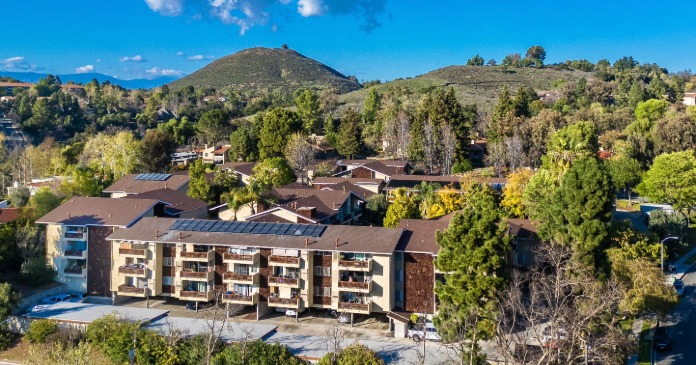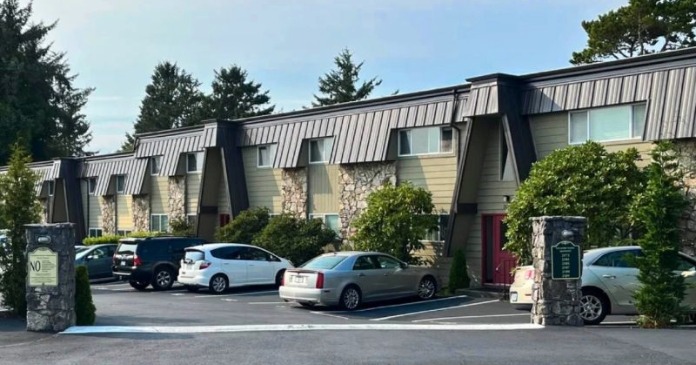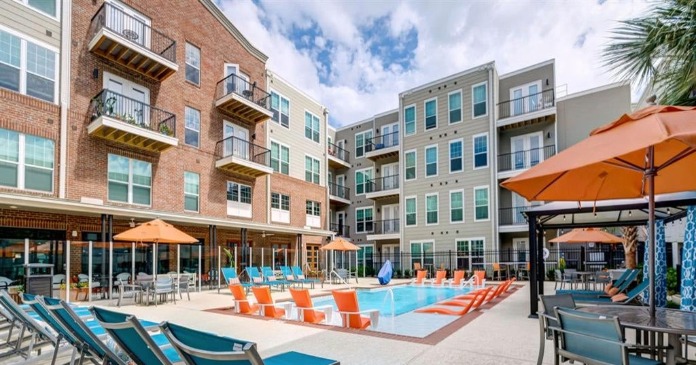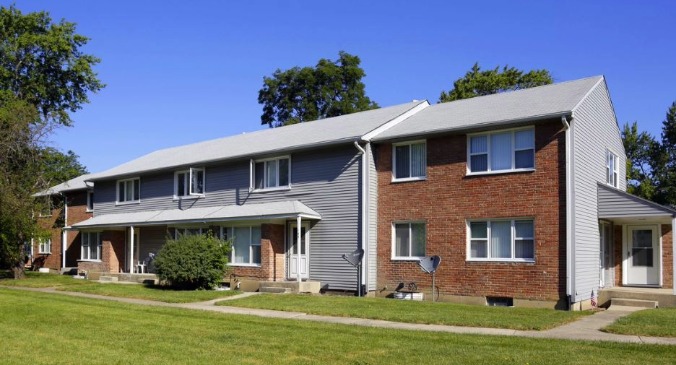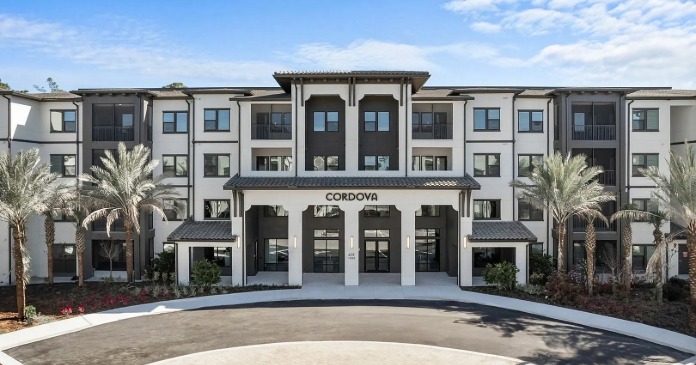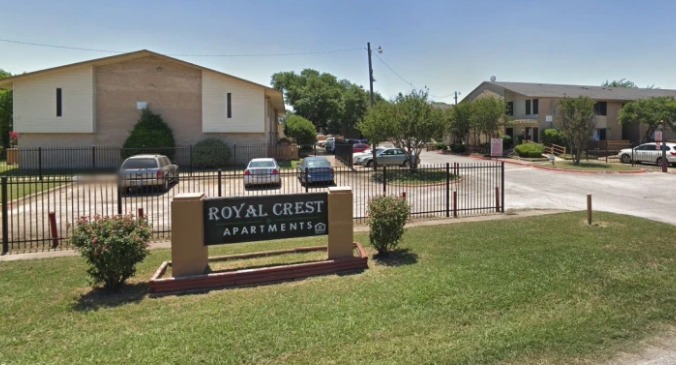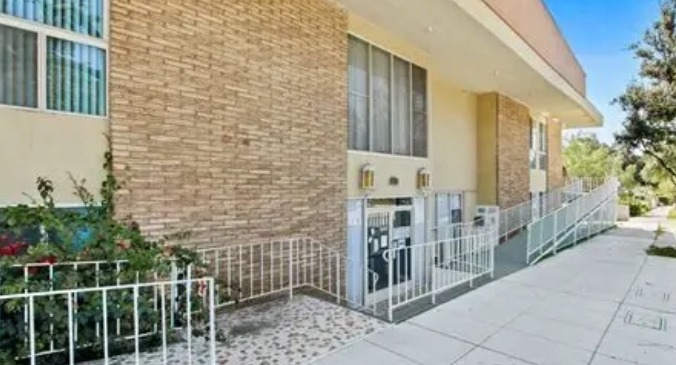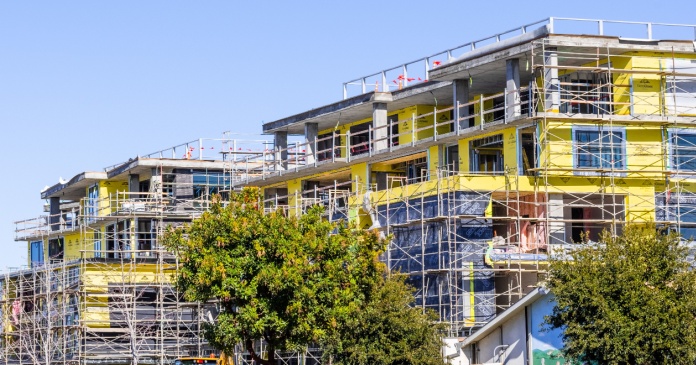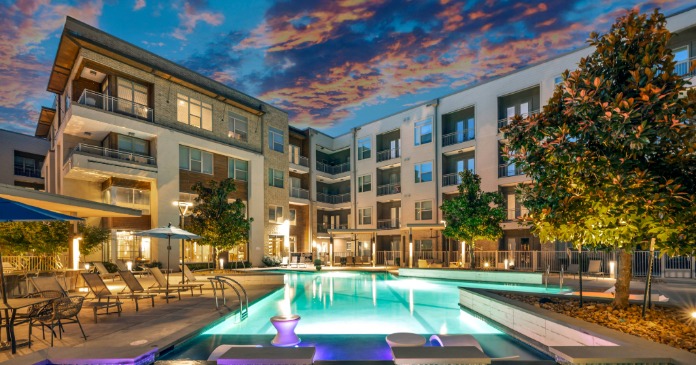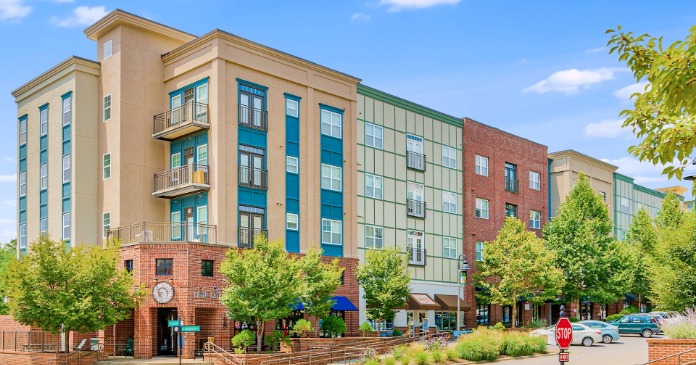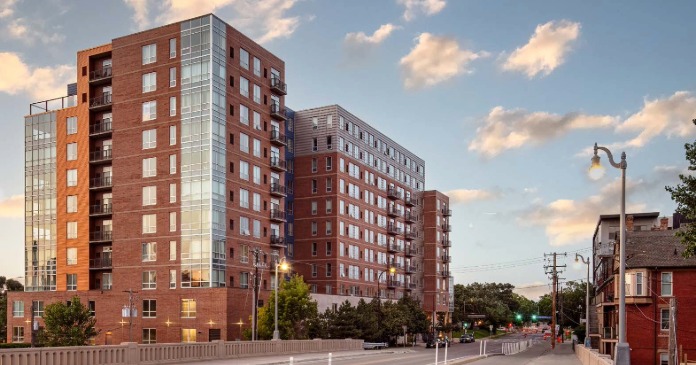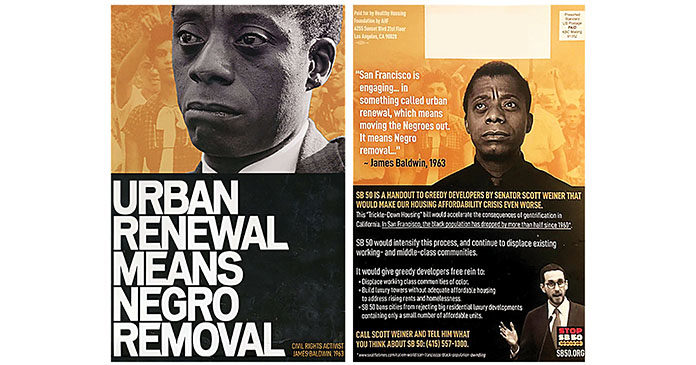
One of the questions specifically singled out SB 50, which would change the way that California cities zone near major transit hubs, like train stations and bus lines, to encourage taller and denser housing:
“A bill called Senate Bill 50 is currently being considered in the California State Senate, which would change zoning codes to allow taller residential buildings near public transit and increase affordable housing and tenant protections. Do you support or oppose the bill?”
Sixty-one percent of those who responded say that they support SB 50, although only 22 percent say that they “strongly support” the measure. Of those who do not support, 13 percent say they “strongly oppose” the bill, while 15 percent were unsure or had no opinion.
Wiener was quick to trumpet the results, “Californians everywhere are feeling the impacts of our 3.5 million home deficit and are asking for change.”
There are some potential caveats for the results: one being the specific phrasing, which singles out the bill’s features that promote affordable housing and tenant protections.
The bill’s most vocal critics insist it doesn’t do enough on those fronts. Those critics include the San Francisco Board of Supervisors, who voted 9-2 to condemn SB 50 “unless amended.”
San Francisco Supervisor Gordon Mar, who led the charge against the bill, declared that Wiener’s plan “would have a negative impact on the housing affordability crisis and undermine our ability as a city to plan for housing density.”
Supervisor Vallie Brown and Supervisor Ahsha Safai were the only SF lawmakers who voted against Mar’s resolution.
Another potential hitch for SB 50’s public approval: It’s one thing for voters to say that they favor taller or denser housing near transit, but it’s often another to support specific projects in their own cities and neighborhoods.
Wiener spokesperson Victor Ruiz-Cornejo he’s not aware of any polling specifically focusing on how voters might feel about SB 50-enabled developments in their cities, but added, “I think a positive about the question here is that it asks about taller buildings, which can be a stand in for more density.”
The Change Research poll also found that 43 percent of Californians cited housing affordability as one of their top concerns, but voters split on party lines.
Whereas 59 percent of Democrats expressed worries about housing, only 13 percent of Republicans did, many of them singling out issues like taxes and immigration as bigger concerns.
SB 50 proved less popular with Republican voters; only 41 percent favor it, versus 72 percent of Democrats.
Excerpt Adam Brinklow, Curbed. Change Research conducted the survey of 3,379 Californians online from April 6 through April 9.



